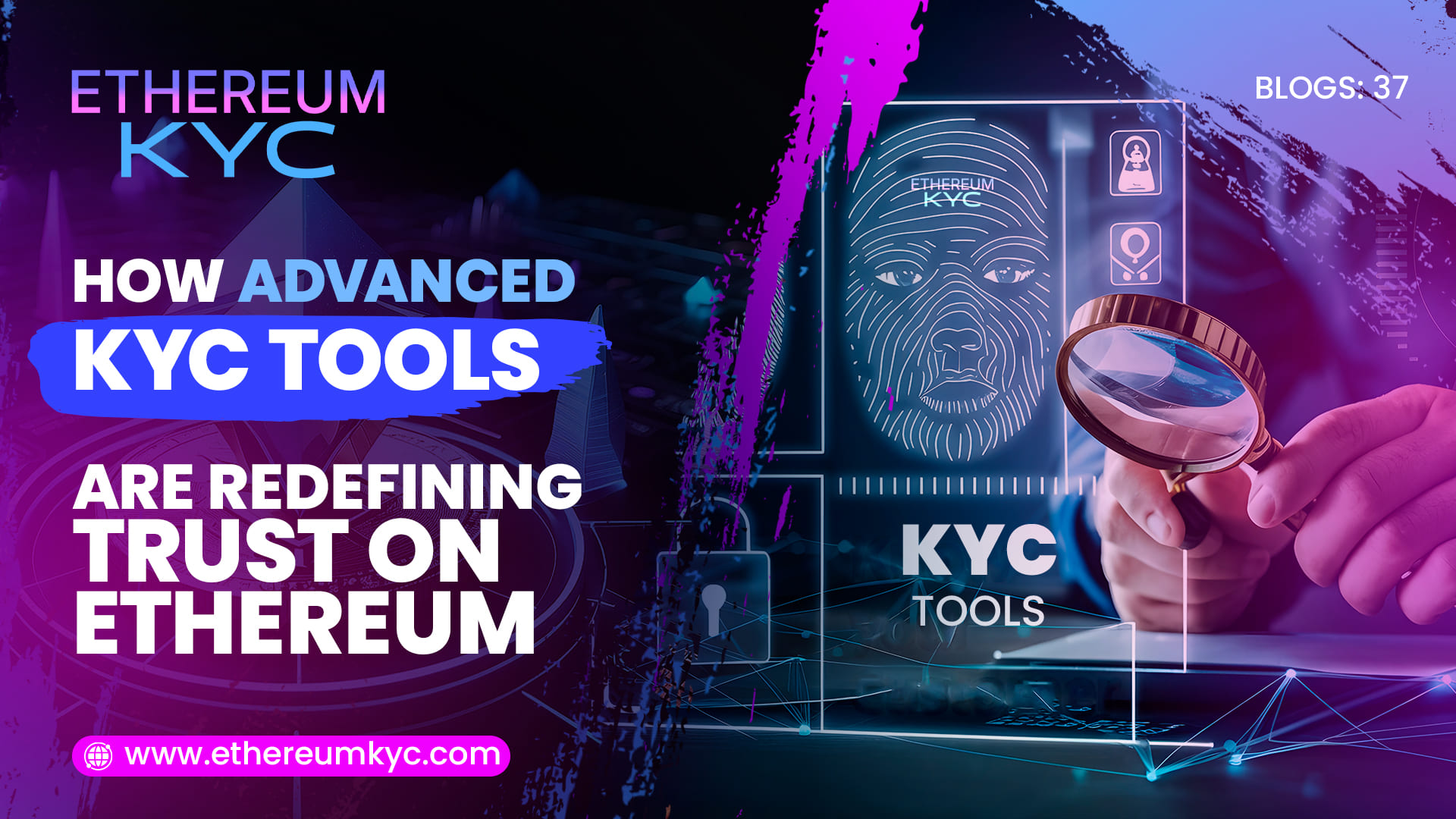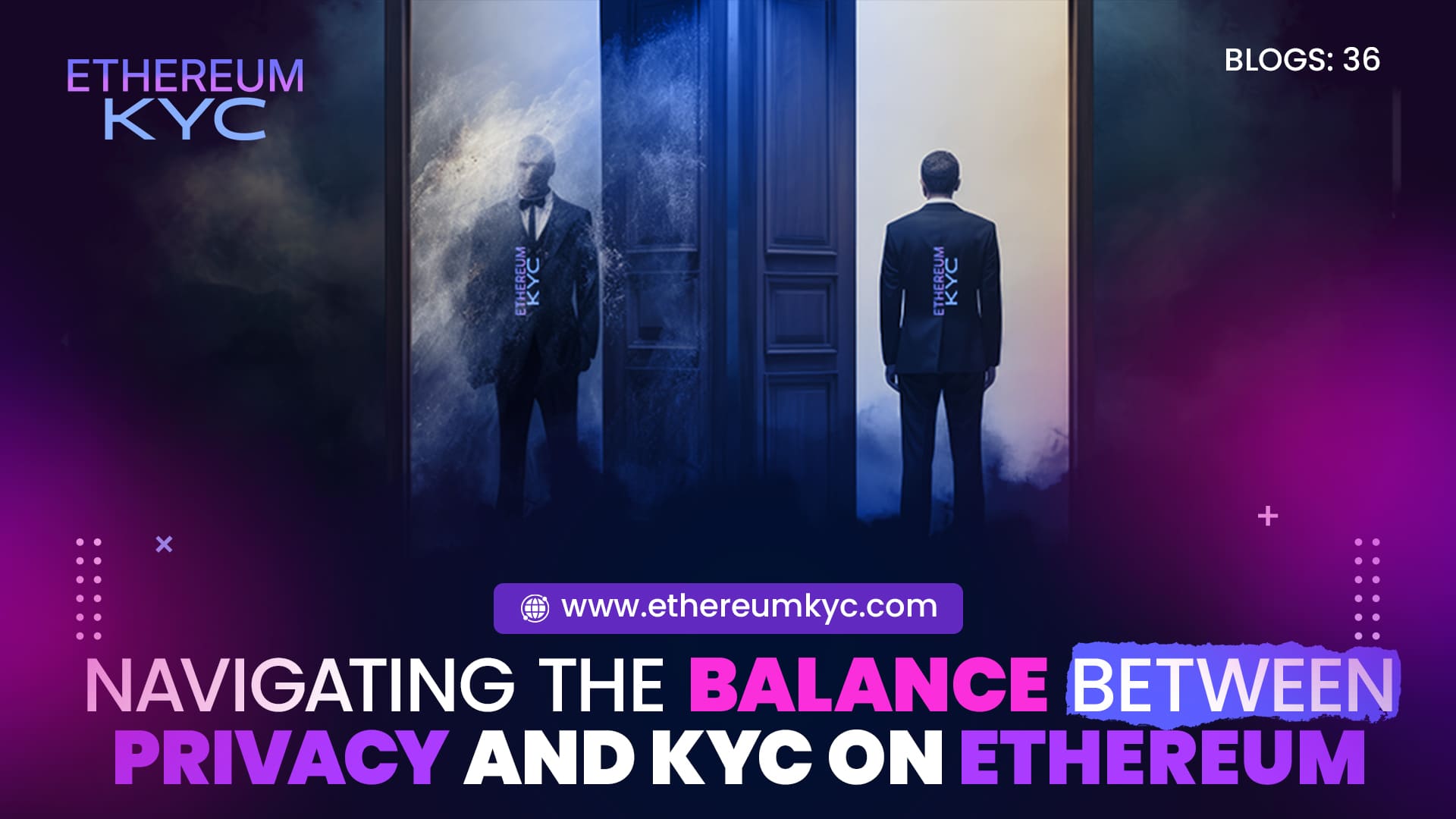December 25, 2024
The Role of KYC in Preventing Fraud in Ethereum Crowdfunding
As Ethereum continues to be a cornerstone of blockchain innovation, crowdfunding through Initial Coin Offerings (ICOs) and token sales has gained significant traction. However, with this rise in fundraising opportunities comes the risk of fraudulent activities that can undermine investor confidence. Know Your Customer (KYC) protocols have emerged as a critical tool for preventing fraud in Ethereum crowdfunding by promoting transparency, accountability, and trust.
Why Fraud is a Concern in Ethereum Crowdfunding
- Anonymity Risks:
The pseudonymous nature of blockchain allows malicious actors to participate in crowdfunding without revealing their identities. - Scam Projects:
Fraudulent campaigns can mislead investors with false claims, raising funds with no intention of delivering on promises. - Regulatory Challenges:
Non-compliance with anti-money laundering (AML) laws can lead to regulatory penalties and reputational damage for legitimate projects.
The Role of KYC in Fraud Prevention
- Identity Verification:
KYC ensures that all participants in a crowdfunding campaign—both investors and project owners—are verified, deterring fraudsters from exploiting the platform. - Increased Accountability:
By requiring participants to provide valid identification, KYC protocols hold project owners accountable, reducing the likelihood of scams. - AML Compliance:
KYC processes align crowdfunding platforms with global AML regulations, minimizing the risk of funds being used for illicit activities. - Building Trust:
Transparent operations facilitated by KYC foster investor confidence, encouraging more participation in Ethereum crowdfunding projects.
Benefits of KYC for Investors
- Safer Investments:
Verified project owners provide assurance that the campaign is legitimate, reducing the risk of fraudulent schemes. - Regulatory Protection:
Investors in KYC-compliant campaigns are better protected under existing financial regulations, ensuring legal recourse if necessary. - Transparency in Fund Allocation:
KYC promotes transparency in how funds are raised and allocated, giving investors confidence in the project’s intentions.
Benefits of KYC for Project Owners
- Enhanced Credibility:
KYC-compliant projects are perceived as more trustworthy, attracting a broader investor base. - Access to Institutional Funding:
Institutional investors are more likely to participate in campaigns that adhere to KYC and AML standards. - Long-Term Success:
By preventing fraud, KYC helps build a sustainable crowdfunding ecosystem, benefiting legitimate project owners in the long run.
How KYC Works in Ethereum Crowdfunding
- Document Submission:
Participants upload government-issued IDs and proof of address for verification. - Automated Screening:
KYC platforms screen participants against global watchlists to identify any red flags, such as sanctions or criminal records. - Approval and Monitoring:
Once verified, participants can contribute or raise funds. Continuous monitoring ensures compliance throughout the campaign.
Case Studies: KYC in Action
- Project Success with KYC:
Several Ethereum-based crowdfunding projects, like Polkadot and Aave, have successfully implemented KYC, attracting reputable investors and avoiding fraud. - Failure Without KYC:
In contrast, projects lacking KYC protocols, such as some anonymous ICOs during the 2017 boom, faced significant fraud allegations and investor losses.
Challenges and Solutions
- Privacy Concerns:
Challenge: Participants worry about sharing personal data.
Solution: Use decentralized KYC solutions or third-party services that prioritize data encryption and protection. - Adoption Barriers:
Challenge: Smaller projects may find KYC implementation costly.
Solution: Partner with affordable, blockchain-friendly KYC providers.
The Future of KYC in Ethereum Crowdfunding
As regulatory scrutiny intensifies, KYC is becoming a non-negotiable aspect of Ethereum crowdfunding. Its ability to prevent fraud, protect investors, and foster a trustworthy ecosystem will play a pivotal role in the continued success of blockchain-based fundraising.






